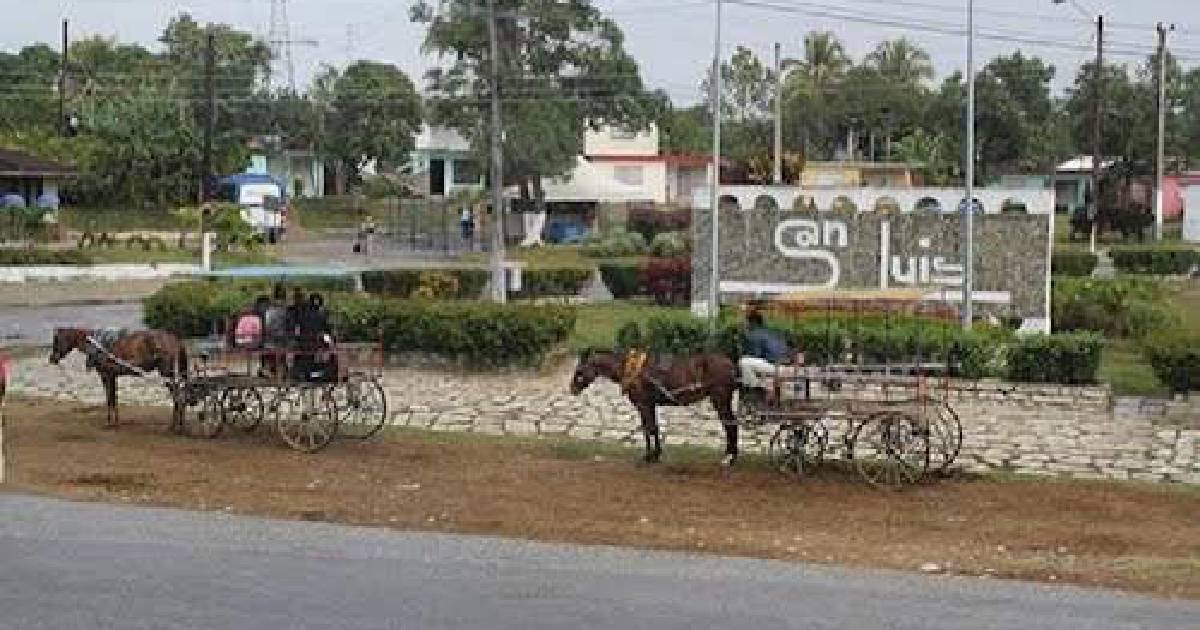
Several communities in the municipality of San Luis, in Santiago de Cuba, are on the brink of despair after more than 10 days without electricity due to the alleged theft of 300 liters of dielectric oil, an essential substance for the operation of transformers.
The incident rendered the Paquito Rosales Electric Substation inoperable, affecting the towns of Dos Caminos, Paquito Rosales, and four neighborhoods in Estrella Roja, reported the state-run newspaper Sierra Maestra.
In that context, residents in the area not only find themselves without electricity, but they also lack access to potable water.
Despite the efforts of local authorities, the situation remains critical, and public frustration is growing. In response, local authorities "have established a command post in each of the affected areas" and have intensified the distribution of prepared food, agricultural products, and other essential items, the newspaper emphasized.
Attempts to alleviate the lack of electricity, such as water distribution through tanker trucks or the installation of plants in public spaces like Parque Central and Casa de la Cultura in Dos Caminos, have not managed to lessen the real impact on the daily lives of the residents.
Meanwhile, the highest authorities in Santiago de Cuba, led by Beatriz Johnson Urrutia, have called for daily meetings to try to address the crisis.
However, the lack of tangible results has caused frustration among those affected by a regime that has failed to provide even the most basic necessities: electricity and water.
Authorities have had to rely on emergency generators and lower power transformers, but these have not been sufficient to meet the demand.
Last Saturday, a lower-capacity transformer was transferred to the Paquito Rosales substation, allowing some residents of Dos Caminos to receive electricity, but other communities still remain without power. Despite officials insisting that intensive efforts are being made to resolve the situation, the timelines for repairing and replacing the high-capacity transformer remain uncertain.
According to statements from the officials of the Electric Company, the recovery process depends on the availability of the necessary components and, in particular, on measuring and verifying the levels of dielectric oil.
The theft of dielectric oil, although a serious issue, has been used by the government as a justification for an energy outlook that has deteriorated over the years. The crisis in San Luis highlights the improvisation and lack of planning that are recurring characteristics of the Cuban energy system.
The lack of investment, the deterioration of infrastructure, and the inefficient management of resources are the real culprits behind the fact that thousands of Cubans are facing prolonged blackouts and a life without basic services. In the past three weeks, the country has set records for energy deficits, and towns in Havana and Pinar del Río have also gone up to seven days without electricity.
Filed under: